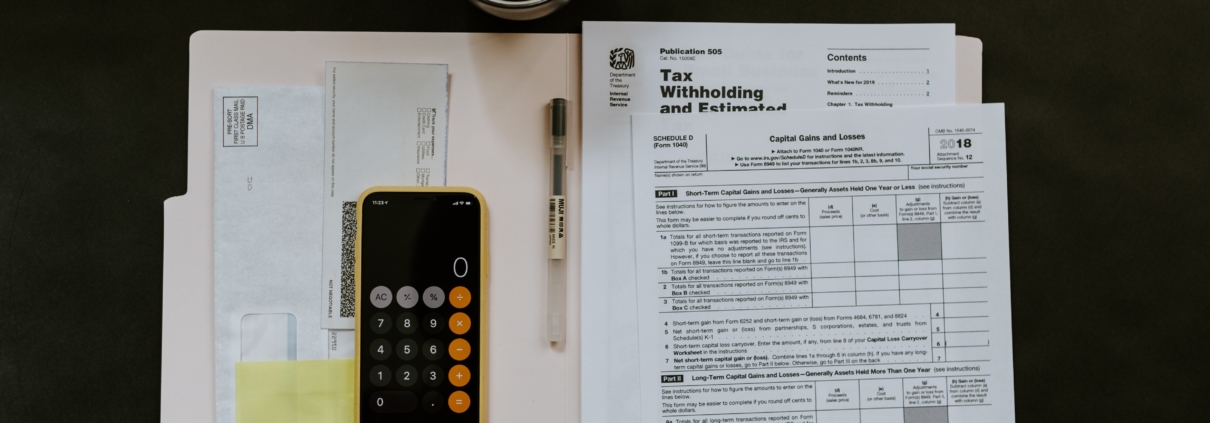What to do when someone dies?
When a person dies, somebody has to deal with their estate, collecting in the money, property and possessions, paying any debts and then distributing the estate to those entitled to it.
The person who deals with the estate is called a personal representative. There is often more than one.
The term personal representative can either refer to an executor or an administrator.
- If the deceased left a will appointing someone to the role, they are called an executor.
- If there is no valid will, or if the will does not name an executor, then the personal representative is called an administrator.
The deceased person may have named a professional executor such, such as a solicitor. If not, the personal representatives can obtain advice from a solicitor on how to carry out their duties properly. Fees for this service are paid from the Deceased’s estate, rather than by the personal representatives themselves
How is the estate administered?
When it comes to the management of an estate, it is vitally important to make sure that everything is dealt with correctly, not least because the executors and administrators are held personally liable for errors.
The duties include:
- Preparing inheritance tax returns
- Obtaining the grant of representation (a grant of probate or letters of administration) from the Probate Registry
- Preparing estate accounts
- Distributing the estate in accordance with the will or the rules of intestacy
- Setting up any trusts arising under the will or the intestacy rules
- Post-death tax planning and the preparation of deeds of variation
In some cases, where the estate is very straightforward, or the executor has relevant experience and skills, it may be possible for the estate to be administered by the personal representative(s). But generally, estate administration is a task that’s undertaken by a solicitor.
Large or high-value estates with many and varied assets with family trusts and sizeable gifts can become extremely complicated.
A solicitor will complete the process on behalf of the personal representatives, dealing with all the necessary paperwork to obtain the grant and distribute the estate to the entitled beneficiaries, ensuring that everything is done correctly, and protecting the executor or administrator from liability.
For more information about what to do when someone dies, please get in touch.
The information, materials and opinions contained on this website are for general information purposes only, are not intended to constitute specific legal or other professional advice, and should not be relied on or treated as a substitute for specific advice relevant to particular circumstances. Hall Reynolds LLP does not accept any responsibility for any loss which may arise from reliance on information or materials published on this website.








